On 6 April 2020, the Vietnamese Prime Minister signed Decision No. 13/2020/QD-TTg on the mechanism of encouraging the development of solar power in Vietnam (hereinafter referred to as Decision 13). This decision officially came into effect from 22 May 2020 to replace Decision 11/2017/QD-TTg expiring from 30 June 2019.
One of the important contents concerned by electricity consumers and people is the price of rooftop solar power (RSP) after June 30, 2019. Based on the content of Decision 13, Power Corporations will sign electricity purchase and payment contracts for RSP projects that have closed the meter readings to begin. electricity delivery and payment and electricity bill payment from July 1, 2019.
The criteria for determining the RSP project are specified in Decision 13 as follows: The RSP project is a solar power system with PV panels installed on the roof of construction work and a capacity not exceeding 01MW (or not more than 1.2 MWp), directly or indirectly connected to a power grid of 35kV or lower.
While awaiting the promulgation of a Circular guiding on the implementation of Decision 13 of the Prime Minister, the Ministry of Industry and Trade (MOIT) issued Document No. 3641/BCT-ĐL on 21 May 2020, which allows temporary use of Standardized electricity trading contract as prescribed in Circular No. 05/2019/TT-BCT dated 11 March 2019 of MOIT on adjusting power trading prices in accordance with Decision 13 to sign electricity trading contracts with rooftop solar power investors has been put into operation after 30 June 2019. Thus, from 23 May 2020, Electricity of Vietnam has been able to sign contracts and pay electricity bills for customers. After the Circular on guiding Decision 13 is issued, the Group will sign new contracts in accordance with the Circular.
The payment of electricity bill with the purchase price as prescribed in Clause 2, Article 8 of Decision No. 13/2020/QD-TTg (the electricity purchase price is applicable for 20 years from the date that the project is put into operation, generation and meter readings are confirmed), specifically as follows:
– From 1 July 2019 to 31 December 2019, the electricity purchase price (excluding added value) is VND 1,913/kWh (equivalent to 8.38 UScents/kWh multiplied by the exchange rate of VND/USD announced by the State Bank of Vietnam on 31 December 2018 is VND22,825/USD).
– From 1 January 2020 to 31 December 2020, the electricity purchase price (excluding added value) is VND 1,940/kWh (equivalent to 8.38 UScents/kWh multiplied by the exchange rate of VND/USD announced by the State Bank of Vietnam on 31 December 2019 is VND 23,155/USD).
– From 2021 and subsequent years, the electricity purchase price (excluding added value) is determined every year in Vietnam Dong (number calculated in VND unit, not rounded) equivalent to 8.38 UScents/kWh multiplied by the exchange rate of VND/USD announced by the State Bank of Vietnam for the last day of the previous year.
Decision 13 issued by the Prime Minister officially takes effect as a “push” to create momentum for the RSP development. With many benefits for investors as well as the community, the installation of RSP system in recent years has attracted the interest from people and enterprises. In the first four months of 2020, there have been 5,254 RSP projects selling power to EVN with a total installed capacity of 178.66MWp, output generated to grid is 137.1 million kWh. To date, the country has developed 27,631 rooftop solar power projects with a total installed capacity of 562.8MWp. Also in the first 4 months of 2020, the RSP works have generated more than 137.1 million kWh to the national grid. It can be confirmed that the practical benefits brought by RSP are clear:
– Reduce monthly electricity costs as power is directly produced and used during peak hours or purchase price of high-rate electricity is reduced;
– Increase income by reselling excess output to EVN;
– No waste of land when installing systems;
– Be connected to the existing low-voltage and medium-voltage grids, thus reducing the investment pressure of transmission grids;
– Gain effective anti-heat for works;
– Contribute to protecting the environment.
Electricity of Vietnam (EVN) clearly defined, for the sake of the common interests of the society and the interests of people and businesses, EVN has been implementing many activities of special support and encouragement in RSP; simplifying registration procedures, providing online RSP purchase and sale registration services. Currently, the procedure for connecting and purchasing solar power is so simplified, after RSP installation, the investor wishing to sell electricity just needs to contact the Customer Service Center of Electricity sector for support, free-of-charge checking conditions for grid connection, 2-way galvanometer installation and signing RSP trading contract. EVN is continuing to build and complete the website solar.evn.vn to create favourable conditions for people and enterprises to find out and access to all relevant information on RSP on information technology applications and customer service websites.
With the huge potential of developing rooftop solar power in Vietnam, EVN clearly identifies the support for RSP development as one of the important guidelines since this is an effective power supply source, practical solution for meeting the growing electricity demand.
Source: Vietnam Electricity (Click here for the original article)

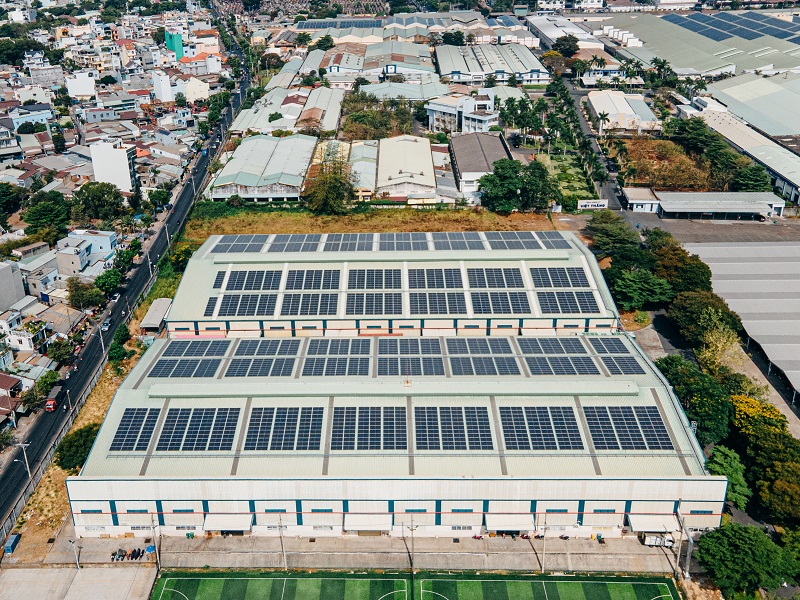
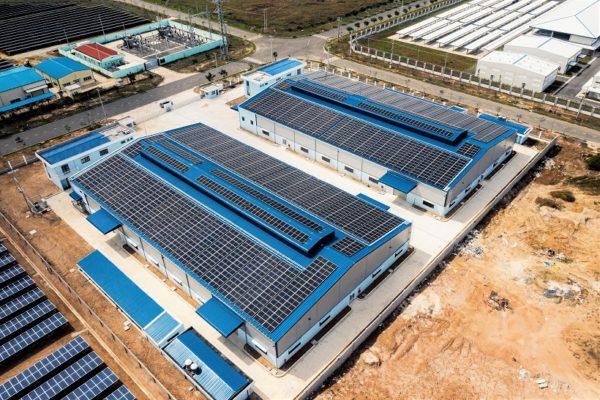
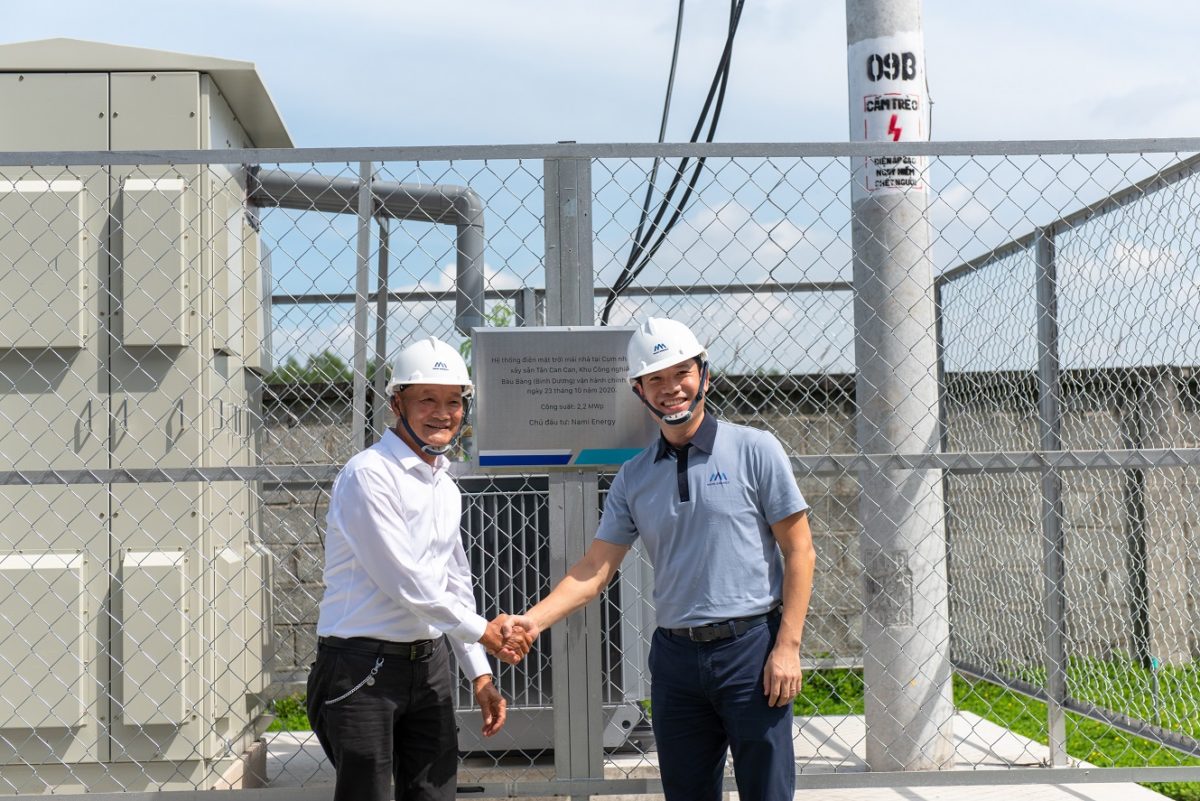
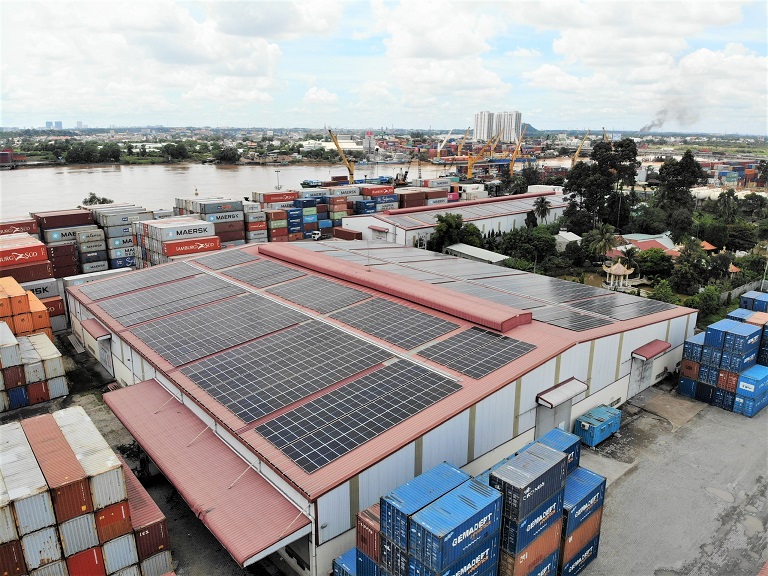
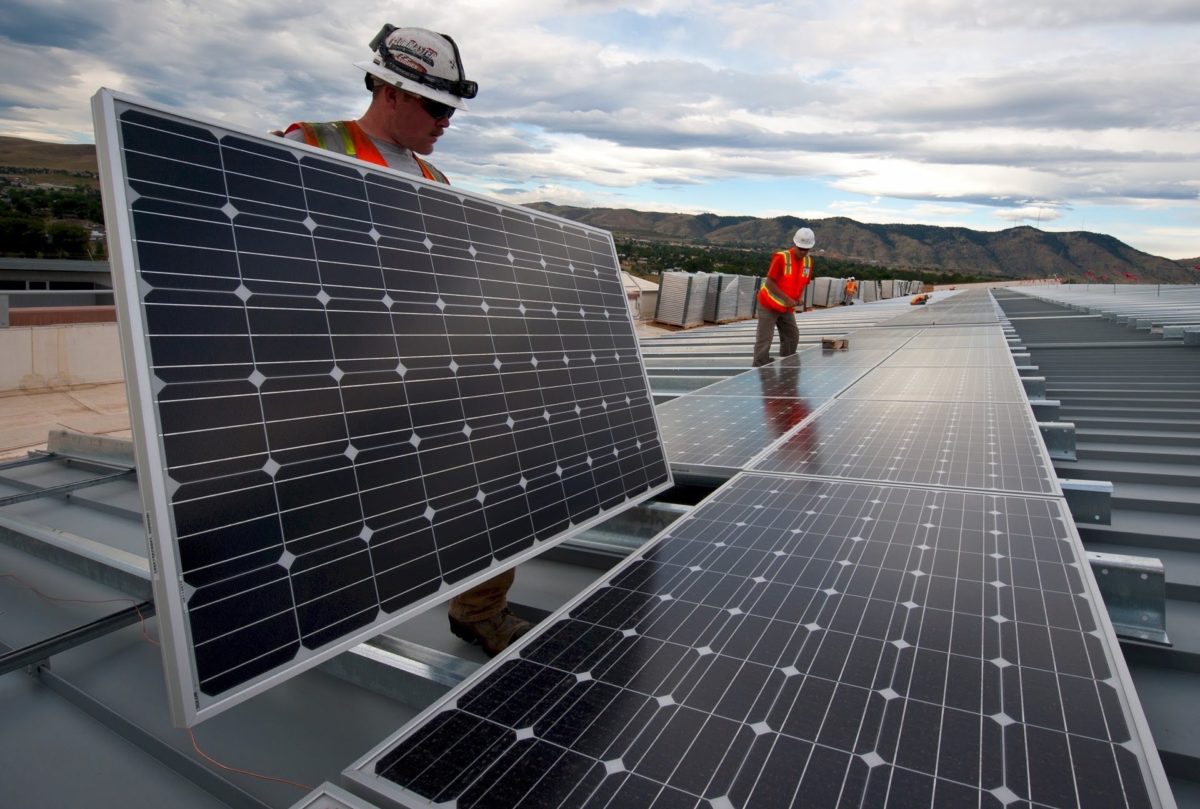

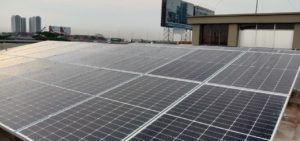
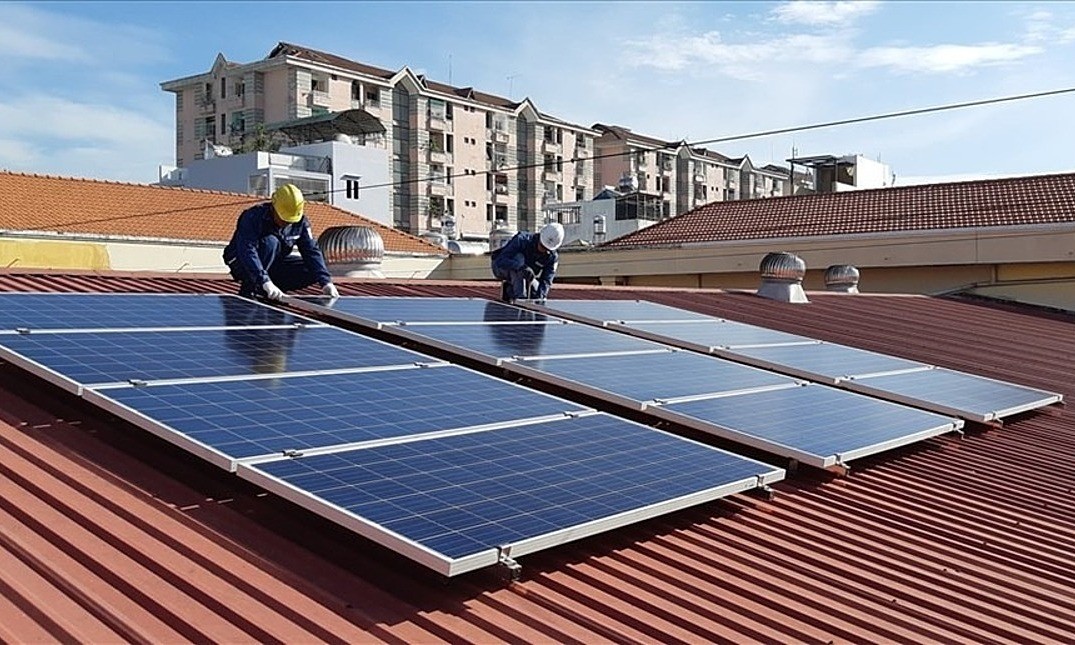
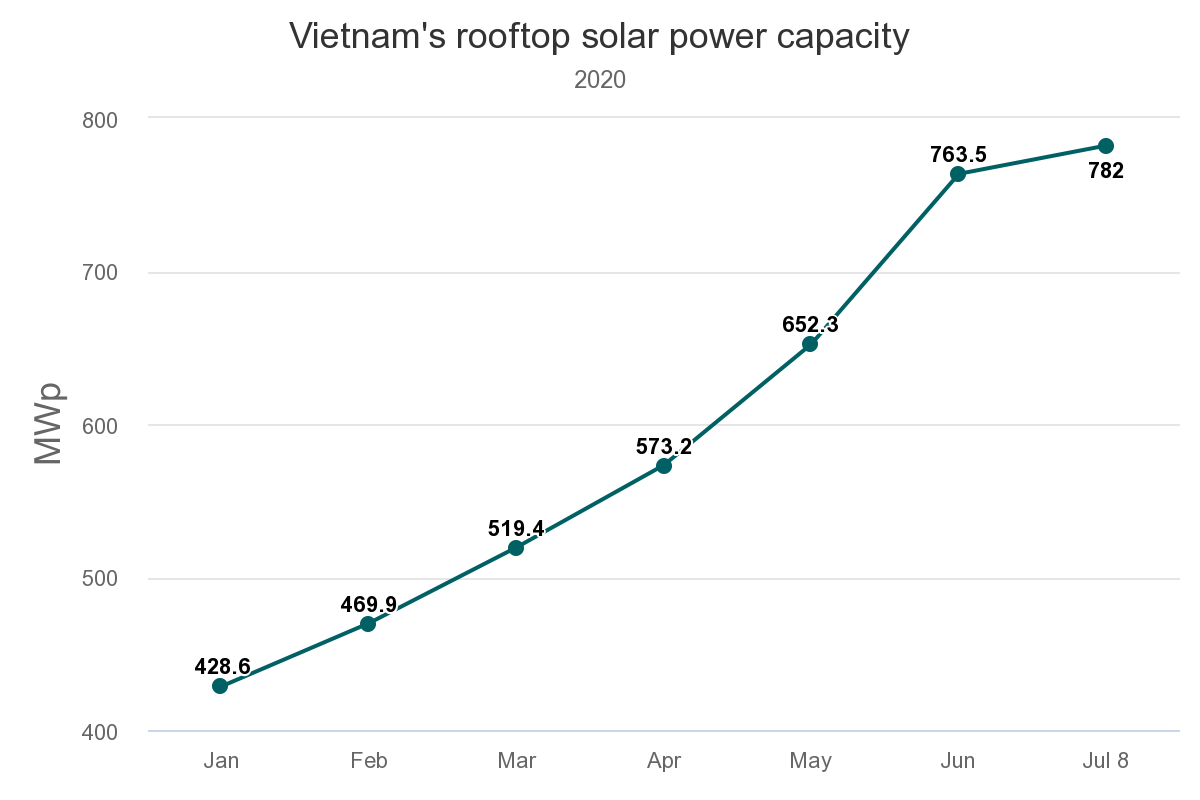

Recent Comments